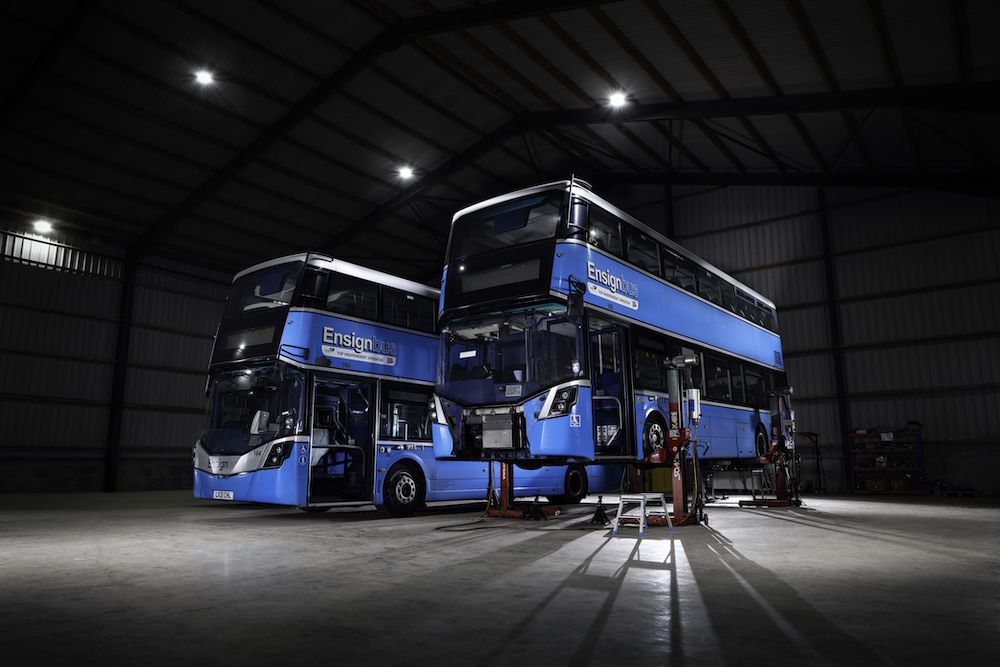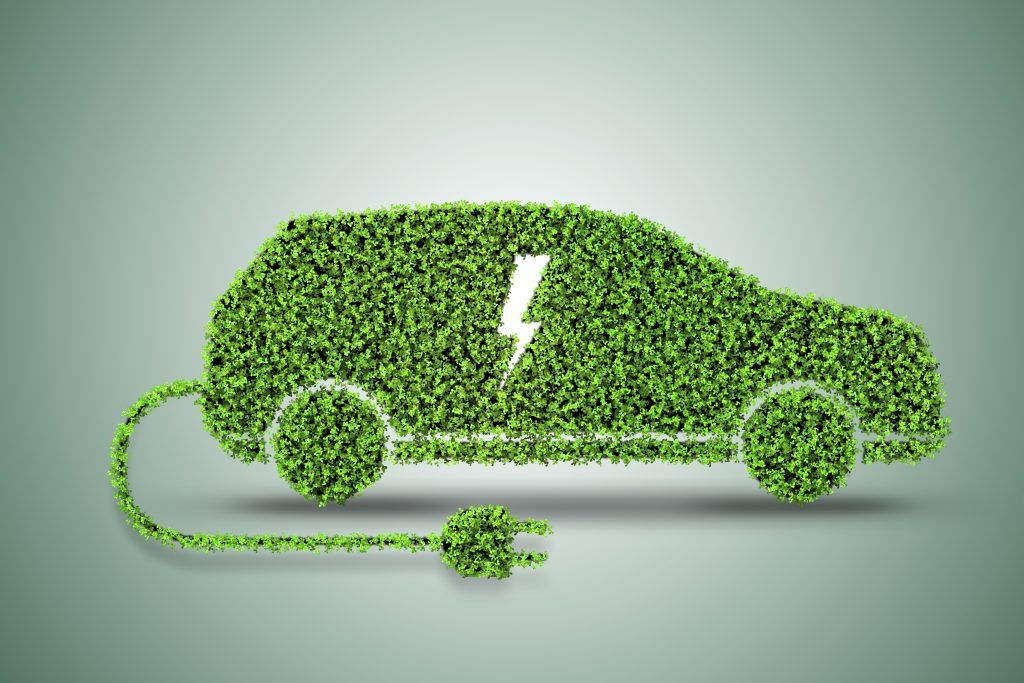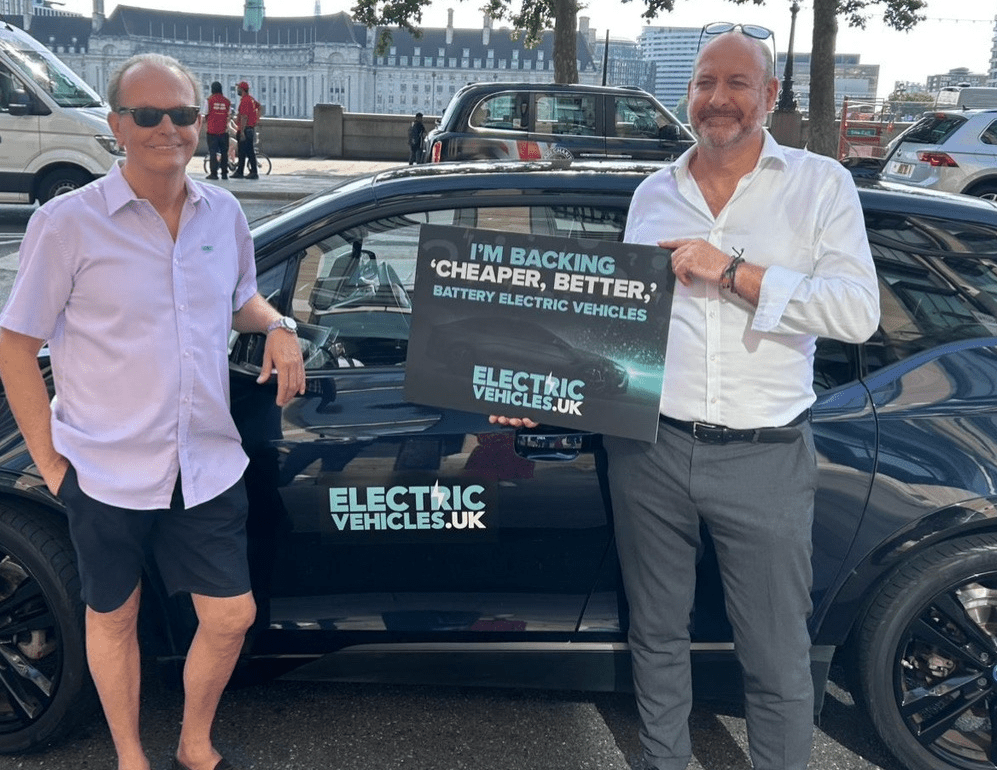Plug-in vehicles have helped drive the highest number of vehicles on UK roads last year, rising by 1.7% to 41,404,589 vehicles, according to new Motorparc data published by the Society of Motor Manufacturers and Traders (SMMT).
Total cars on the road rose by 1.6% to 35,694,845, after almost half a million new battery electric (BEV) and plug-in hybrid (PHEV) vehicles were registered during 2023.
The number of BEVs in use increased by almost half (47.3%) compared with 2022, meaning zero emission vehicles now account for 2.7% of all cars in use – up from just 1.9% in 2022.
But Implied scrappage rates of older vehicles has also fallen to the lowest on record with British motorists keeping their cars for longer, with the average car on the road now nine years old – with the average age of a car now up by more than a year since 2019.
Despite a record number of motors on the road, average car CO2 dropped by 2.1% while company car emissions plummeted by 11.5%, thanks to compelling fiscal incentives encouraging fleets to invest in EVs.
Zero emission commercial vehicles also recorded a boost, with BEV van volumes rising by 43.5% on 2022 to 61,161, meaning 1.2% of vans on UK roads is now zero emission. Electric HGVs rose 146.4% in 2023, although at just 0.4% of the fleet, more action is needed.
The number of electric buses in operation also grew, up by 159.4% to 1,922 units, making the UK Europe’s biggest market for zero emission buses and coaches.
Last year was the best year for public charge point rollout, but there is still just one standard public charger available for every 35 plug-in cars on the road, only a slight improvement from one for every 36 last year, revealing the need for acceleration in the roll-out.
Mike Hawes, SMMT Chief Executive, said:
“After two challenging years of constrained supply, more people and businesses across the UK are now getting back behind the wheel – and increasingly, opting for greener options. However, given the ageing fleet, we now need to encourage consumers and businesses who have deferred purchases of new cars, vans, trucks and buses to upgrade.
“A stronger and stable economy, coupled with reduced living costs, would boost consumer and business confidence, while compelling fiscal incentives would ensure that these purchases are emissions free. Not only would this accelerate the transition – fundamental to the UK’s net zero ambitions – but it would also stimulate the economy and enhance the wider environment in which we all live.”
Image courtesy of Shutterstock.














